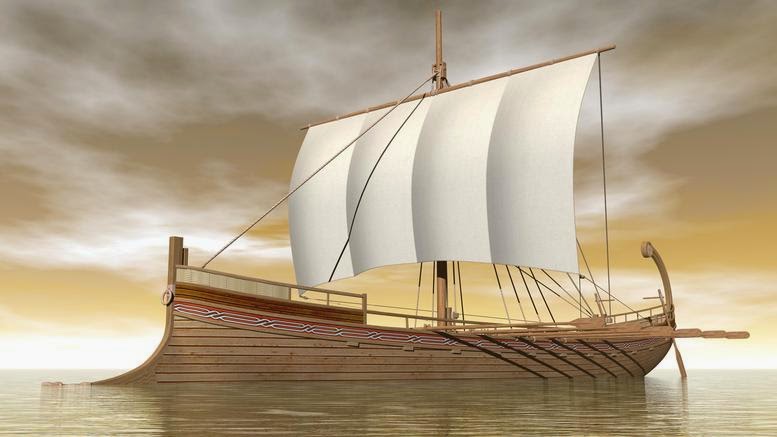Valluvar Staue with Brahmin’s sacred thread;14th century, Chennai
by London Swaminathan
‘’Sage Valluvar, priest of the lowly clan,
No tonge repeats, no speech reveals thy name;
Yet, all things changing, dieth not thy fame
For thou art bard of universal man;
And still thy ‘book’ above the waters wan’
Virtue, true wealth, and joy, and being’s aim,
In sweetest mystic couplets doth proclaim
Where winds sea-wafted palmy forests fan.
Haply undreamed of ‘visions’ glad thine eyes
In reals beyond thy fabled ‘seven fold birth’,
And clouds of darkness from thy spirit roll;
While lands far off have heard with strange surprise
Faint echoes of thy song. Though all the earth
Men hail thee brother, seer of spotless soul’’
—Written by Dr G.U. Pope
From the book The Sacred Kural by H.A.Popley, year 1931
Tradition tells us that he was a weaver of the little town of Mayilapur—the village of the pea****—and this may perhaps record the truth. For this reason he is often called ,’the Weaver of Mayilapur’ he was said to have belonged to a low caste, the caste of Valluvars, who were then, and are still, the priests of the outcaste group, and so he has been knwn from time immemorial, as Tiruvalluvar or Sage Valluvar. Tradition makes him out to have been one of a family of seven, born of an illegitimate union between a Brahman and an outcaste woman, among the others being poets Kapilar and Avvaiyar; but there is absolutely no evidence for the truth of this tradition, nor does it appear until very late.
Valluvar lived at least 1500 years ago. Prof. Vaiyapuri Pillay gave the reasons for dating him in post Sangam period. His style of language and his usage of Tamil words help us to fix his date. He used Brahminical language like ‘Acharam of the low life’ and Hindu Sanskrit phrase ‘Dhanam and Tapas’ and many Sanskrit words. He mentioned only Hindu Gods such as Lakshmi, Indra, Vamana avatar (adi Alanthan), Thamarai Kannan (Vishnu), Brahma etc.
In his very first chapter on Prayer to God, he mentioned Pada Namaskaram in 7 out of 10 couplets. This is typical Hindu. He used lot of Puranic, epic and Pancha tantra stories in his couplets. Tamil Nadu Government’s Date for Valluvar: 31 BC
Singaravelu Mudaliyar’s Abhidana Chintamani (Tamil Encyclopaedia, page 849) gives the following details:
Father of Valluvar: Bhagavan
Mother’s name: Adhi
Patron and Friend: Elela Singhan, a business man
Another name of Valluvar’s father :Yali Dutta, a Brahmin (according to Gnanamirtham)
Valuuvar’s Wife: Vasuki who did several miracles because of her chastity
Valluvar clashed with Madurai Sangam Tamil poets who refused to accept his Tirukkural ( a book of moral ethics with 1330 couplets). At last they accepted his book.
Valluvar’s temple : Mylapore, Chenai
Death: Tamil Month Masi, Star: Uttara.
Name given by Jains: Elacharya
Pictures are used from other websites; thanks; swami_48@yahoo.com






































